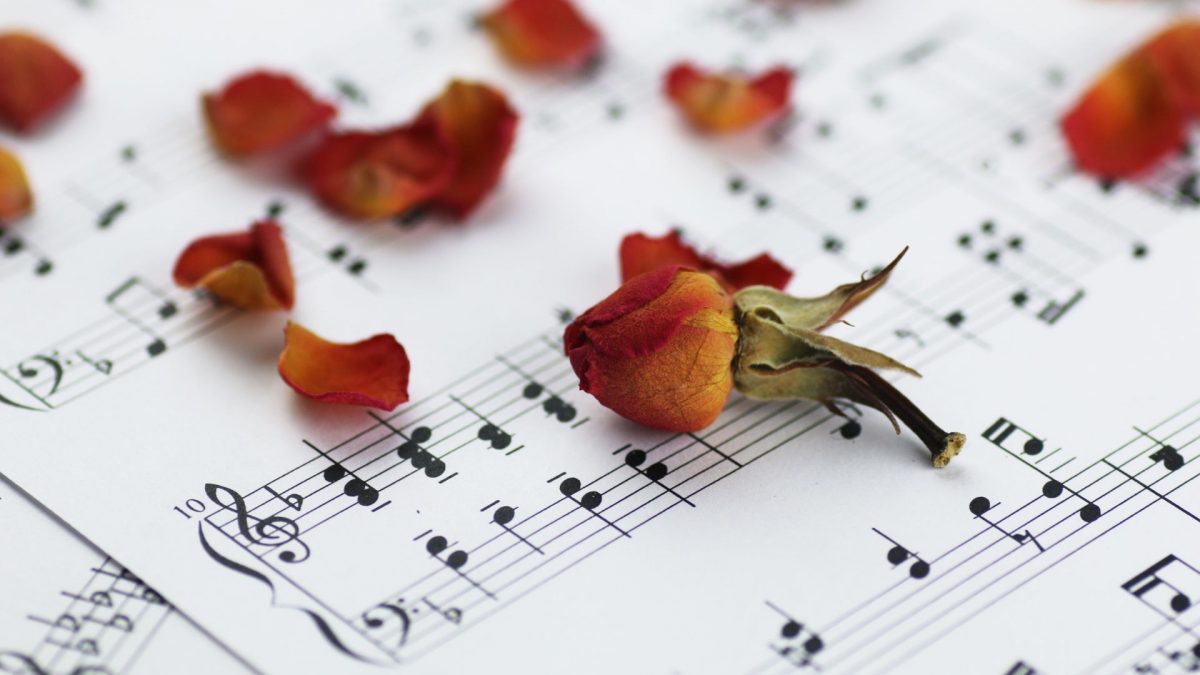Music in Memoriam: The Role and Significance of Music in Funeral Ceremonies

Music, often described as the language of the soul, possesses an unparalleled power to evoke emotions, memories, and sentiments. Its transformative nature makes it an essential element in various life events, and notably, during funeral ceremonies. But what is it about music that holds such profound significance when it comes to commemorating the life of someone who has left us?
- A Universal Language of Emotion
Regardless of culture, geography, or background, music transcends boundaries. It speaks to the heart, evoking feelings that words alone may struggle to convey. At funerals, it’s common for attendees to be of different backgrounds, and a musical piece can unify everyone in shared emotion, providing solace and comfort. It can be classical orchestral or choral music, but these days also modern classics perhaps Pink Floyd, Hans Zimmer or Miles Davis, anything that has relevance. - Personal Reflections and Memories
Often, specific songs or musical pieces are chosen for funerals because they were favourites of the individual who has died or they evoke personal memories. These selections offer attendees a deeper understanding of the individual’s personality, tastes, and the moments that were dear to them. - Setting the Tone
Music can shape the ambiance of the funeral ceremony. Whether it’s an uplifting tune celebrating life or a sombre melody reflecting on the transient nature of existence, music aids in setting the desired tone, catering to the wishes of the family and the nature of the ceremony. One lady was borne in to ‘Samba Pa Ti’ by Santana and another at the end Abba’s ‘Thankyou For The Music’ was played. - A Medium for Expression
For many, expressing grief or articulating memories can be challenging. Music, in such instances, serves as an avenue to communicate feelings of sorrow, love, nostalgia, and even hope. It offers a voice to the voiceless, allowing emotions to flow and be acknowledged. Singing together is particularly powerful, and it doesn’t have to be a hymn. There are lots of well known songs that can be sung, for example ‘What A Wonderful World’, ‘Let It Be’, ‘We’ll Meet Again’. - Cultural and Religious Significance
In many cultures and religions, specific songs or hymns are integral to funeral rites. These pieces, rooted in tradition, provide continuity and connection to past generations. They serve as a bridge, linking the present to age-old customs and beliefs, offering comfort in familiarity. Even in funerals that are not specifically religious, there may be Jewish Klezmer music, or ‘Ave Maria’. - Therapeutic Benefits
Music therapy has been recognized for its emotional and psychological benefits. In the context of funerals, music can provide a therapeutic space for mourners. It offers a moment to reflect, remember, and even find a sense of closure. Something gentle can be played during a time for reflection, between the eulogy and the farewell. - A Lasting Legacy
For some, a particular musical piece becomes synonymous with their memory. It turns into a legacy, ensuring that every time the tune is heard, it brings forth cherished memories, acting as a reminder of their presence in the hearts and minds of loved ones. Whenever I hear ‘Come Rain Or Come Shine’ by Art Blakey’s Jazz Messengers I think of my old friend Mike, which was played at his funeral.
In conclusion, the music in funeral ceremonies is more than just a tradition; it’s an embodiment of emotion, memory, and identity. As we navigate the challenging terrain of grief and remembrance, music acts as a beacon, guiding us through with its comforting embrace. It reminds us that while words may sometimes fall short, the melodies linger, echoing the sentiments of the heart.




